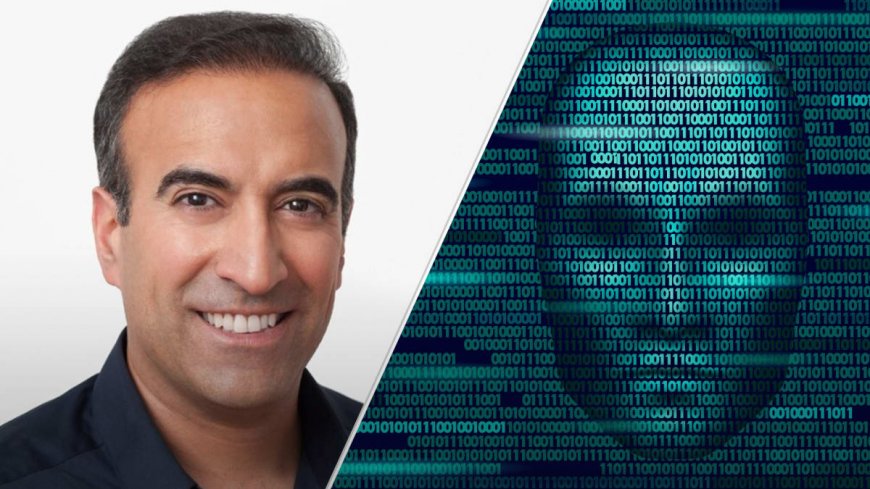Meet Your New Executive Assistant, A Powerful AI Named Atlas
NinjaTech AI wants to make Bill Gates' AI prediction a reality.

Babak Pahlavan, CEO and co-founder of NinjaTech AI, after engaging in some idle chit-chat with his hyper-realistic AI assistant, asked it to accomplish a simple task: call a restaurant and make a reservation.
Providing his own number as a stand-in for the restaurant's, Pahlavan ended the conversation with his digital assistant and held his phone up to the screen.
DON'T MISS: Human Extinction From AI is Possible, Developers Warn
A call had come in.
He proceeded to have a conversation with an AI assistant. In a few seconds, a table for 6 had been reserved.
Pahlavan, formerly a senior director of product management at Google, is on a mission to create a business-to-business product that will make a powerful, professional AI executive assistant available to everyone.
DON'T MISS: Here's the Startup That Could Win Bill Gates' AI Race
NinjaTech says that the average employee spends a half hour a day in productivity apps, five hours a week scheduling meetings and nine days a month reading and sending emails. This amounts to 69 days a year spent on admin tasks, half of which can be handled by an AI.
Executive assistants are primarily time-savers. The good ones, according to Pahlavan, end up becoming your friends. But those good assistants are neither cheap nor readily available to the bulk of workers.
"The idea that I've been toying with for the last three years now is that the teams below me, they couldn't give them executive assistants. And I could see how much time gets wasted by them doing admin work on their own," Pahlavan said. "So the thought is, what if we could actually create an experience and an actual personal AI for work, that will come pretty close to you having your human assistant?"
Ninja vs ChatGPT
ChatGPT, he said, was a big inspiration for NinjaTech. But a Large Language Model (LLM) like ChatGPT is far too big and far too expensive to work well for his concept.
Pahlavan, in collaboration with SRI, the company that made Siri, created his own LLM called Ninja. It's designed to be hyper-specialized to accomplish administrative tasks; because it doesn't need general knowledge, the model is much smaller at 11 billion parameters than ChatGPT (GPT-3 has more than 170 billion parameters). This makes the model more affordable, while also allowing for maximum control on behalf of enterprise customers.
But where it's really different from something like ChatGPT is that it goes beyond that first step of initial generation (send an email) and is primed to continue to respond and coordinate with multiple parties using a specially-made decision-making engine.
"Your entity is moving with its constraints and I have my own constraints. This thing, based on the parameters, is trying to converge us so we can meet," Pahlavan said, explaining how systems like ChatGPT represent "just one piece of this. [Ninja] allows us to then have this thing go talk to the world around you, to get tasks done for you at different times."
Just like a human executive assistant would, Ninja's model -- named Atlas -- is designed so that, if it is asked a question whose answer it doesn't know, it will automatically connect with search engines and even other LLMs to quickly find the correct answer.
AI Ethics Are a Key Issue
The problem of safety and responsibility with the deployment of this model is something that has factored heavily into Pahlavan's work.
"We're in the productivity business, taking the drudgery out of work, which makes the problem simpler," he said. "We're trying to get into what is it that you want and then execute in the most efficient way possible."
And as conversations around AI regulation compound amid fears of a hypothetically generally intelligent system, Pahlavan believes the way forward is simply through responsible deployment.
"I don't think we need to catastrophize these things," he said. "I think we need to just really work on making these things to be safe, responsible. And as a next evolution of humankind, these things are going to be here to make us a lot more productive and efficient."
Atlas will be moving on to Beta testing toward the end of this year and will be publicly available at the end of 2023 or beginning of 2024.
One Stock We Believe Will Win in The AI Race (It's not Nvidia!)
What's Your Reaction?



























































